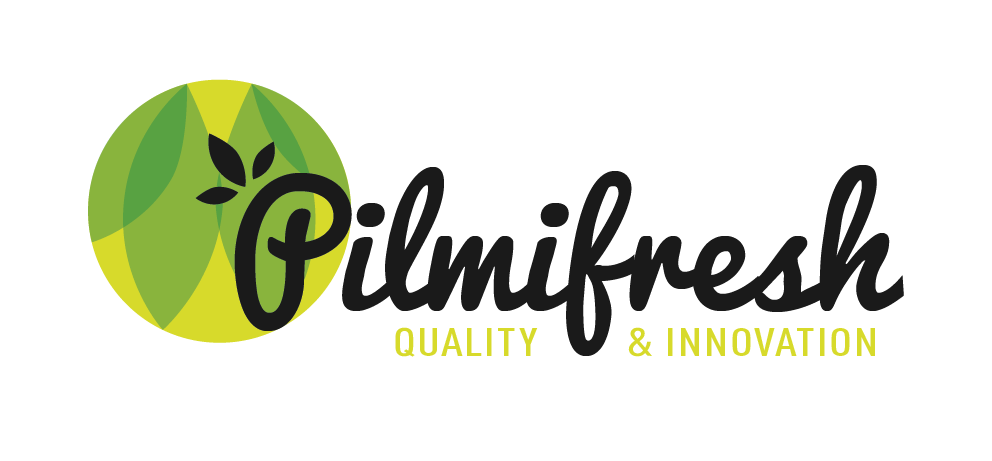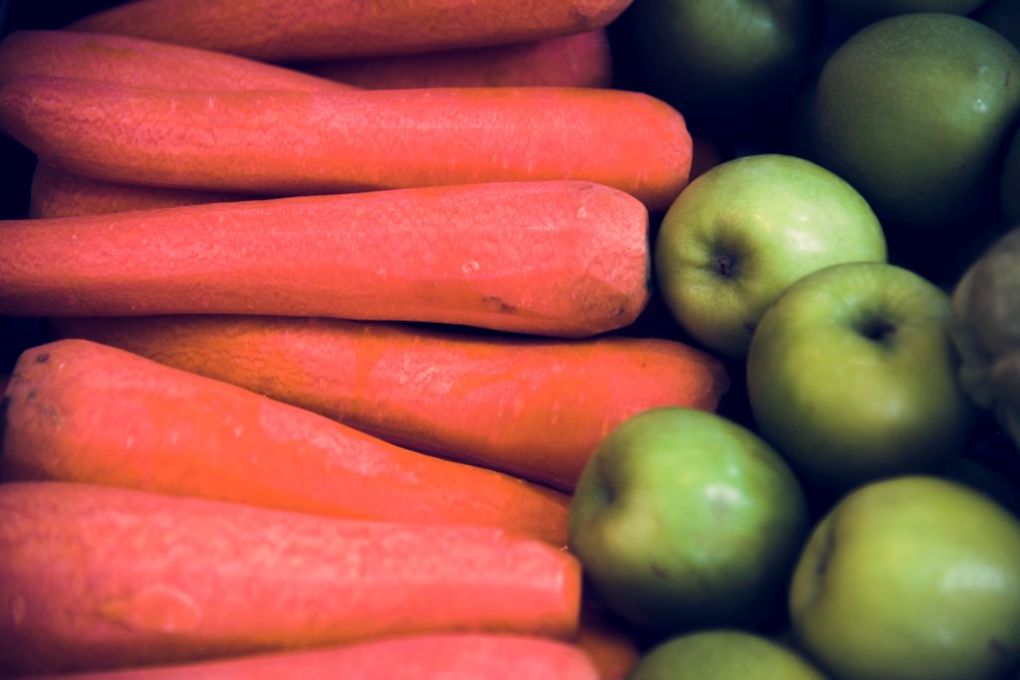Fruit and vegetable concentrates are essential ingredients in the food industry, thanks to their versatility and ability to add flavor, color, and nutrients to a wide variety of products. From juices and beverages to processed foods and supplements, concentrates are a practical and efficient solution. In this article, we’ll explore how fruit and vegetable concentrates are made, from raw material selection to their applications in different industries.
What Are Fruit and Vegetable Concentrates?
Fruit and vegetable concentrates are products created by partially removing water from juices extracted from fresh fruits or vegetables. This process concentrates the essential compounds, such as sugars, vitamins, minerals, and antioxidants, while maintaining their organoleptic properties (flavor, color, and aroma).
Concentrates come in different formats, such as liquids, purees, or powders, and serve as the foundation for many products in the food and pharmaceutical industries.
The Concentrate Production Process
Creating fruit and vegetable concentrates requires advanced technology and strict control to preserve the quality and nutrients of the raw materials. Below are the main stages of the process:
- Selection and Reception of Raw Materials
It all starts with selecting fresh, ripe, and high-quality fruits and vegetables. Ensuring the produce is free of damage and contaminants is crucial, as the quality of the concentrate directly depends on the quality of the raw material. - Washing and Preparation
The fruits and vegetables are thoroughly washed to remove impurities, pesticides, and dirt. They are then peeled, pitted, or cut, depending on the type of product being made. Non-edible parts, such as seeds or peels, are removed if necessary. - Juice or Puree Extraction
Once prepared, the fruits or vegetables undergo an extraction process. This can be done using mechanical presses, industrial blenders, or crushers, depending on the desired texture and type of product. The result is a juice or puree rich in flavor and nutrients. - Filtration and Clarification
To achieve a uniform product, the juice or puree is filtered to remove unwanted solid particles. In some cases, a clarification process is carried out to enhance the concentrate’s visual appeal by removing turbidity or microscopic impurities. - Concentration
This is a key stage in the process. Using techniques such as vacuum evaporation or reverse osmosis, part of the water in the juice or puree is removed. This concentrates the essential compounds, reducing the product’s volume without compromising its quality. Low temperatures are used during these processes to preserve nutrients and prevent flavor alterations. - Pasteurization and Packaging
Once the desired concentration is achieved, the product undergoes pasteurization to ensure microbiological safety. It is then packaged under controlled conditions to prevent contamination and preserve freshness during storage and transportation.
Applications of Fruit and Vegetable Concentrates
Concentrates are extremely versatile and are used across a wide range of sectors. Some of their main applications include:
- Beverage Industry
Concentrates are the foundation for many juices, nectars, and soft drinks. Their ease of transport and storage makes them an ideal solution for the large-scale production of beverages with authentic and consistent flavors. - Processed Foods
In products like sauces, soups, yogurts, and ice creams, fruit and vegetable concentrates add flavor, color, and texture, enhancing the sensory quality of foods. - Baking and Pastry
Concentrates of fruits are key ingredients in jams, pie fillings, sweet breads, and other baked goods to boost flavor and provide natural sweetness. - Dietary Supplements
Concentrates, particularly in powder form, are used in supplements and nutritional products due to their high content of vitamins, minerals, and antioxidants. These properties make them a popular choice in the health and wellness industry. - Cosmetic Industry
Some fruit and vegetable concentrates, such as aloe vera or pomegranate, are used in cosmetic formulations for their antioxidant and skin-nourishing properties.
Advantages of Concentrates in the Food Industry
The use of fruit and vegetable concentrates offers numerous advantages for both manufacturers and consumers:
- Reduced Logistics Costs: With less water content, concentrates take up less space and are easier to transport and store.
- Versatility: They can be used in multiple applications, from food to pharmaceutical products.
- Long Shelf Life: Properly processed and packaged concentrates have an extended shelf life, reducing waste.
- Consistent Flavor: They ensure a uniform flavor profile in the final products, regardless of the season.
Fruit and Vegetable Concentrates as a Base for Innovation
Concentrates are not just a practical solution for the food industry; they are also a platform for innovation. At Pilmifresh, we work with cutting-edge technology to ensure the quality of our concentrates, adapting to the needs of our clients and offering customized products that align with current trends, such as functional foods and more sustainable options.
If you’d like more information about our fruit and vegetable concentrates or discover how they can benefit your business, don’t hesitate to contact us. Let’s transform your ideas into innovative solutions together!

